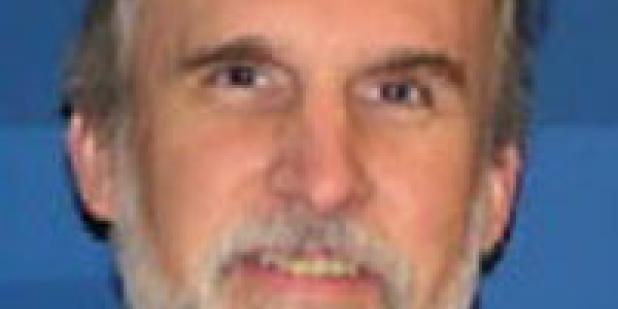Join us for a free one-day workshop for educators at the Japanese American National Museum, hosted by the USC U.S.-China Institute and the National Consortium for Teaching about Asia. This workshop will include a guided tour of the beloved exhibition Common Ground: The Heart of Community, slated to close permanently in January 2025. Following the tour, learn strategies for engaging students in the primary source artifacts, images, and documents found in JANM’s vast collection and discover classroom-ready resources to support teaching and learning about the Japanese American experience.
China's Cooperative Capitalists: The Political Impact of Privatization
This talk is part of the Stanford China Program Winter 2009 China Seminar Series titled "30 Years of Reform and Opening in China: How Far from the Cage?"

Bruce Dickson - Professor of Political Science and International Affairs at The Elliot School of International Affairs at George Washington University
Three decades of economic reform in China have created expectations of political change to follow. However, neither the Chinese Communist Party nor China's capitalists are following this script. The CCP has strengthened its support for the private sector and integrated capitalists into the existing political system. China's capitalists have shown little interest in promoting democratization. Many are dependent on the state for their success, and have shared interests, personal ties, and common views on a range of policy issues. Rather than being potential agents of change, China's entrepreneurs are proving to be a key source of support for the party's agenda.
Bruce Dickson received his B.A. in political science and English literature, his M.A. in Chinese Studies, and his Ph.D. in political science from the University of Michigan. He joined the faculty of The George Washington University and the Elliott School in 1993. He teaches on China, comparative politics, and democratization. Professor Dickson is currently examining the political consequences of economic reform in China, and in particular the relationship between private entrepreneurs and the Chinese Communist Party.
Dr. Dickson is the author of Wealth into Power: The Communist Party's Embrace of China's Private Sector (2008), Red Capitalists in China: The Party, Private Entrepreuneurs, and Prospects for Political Change (2003), Democratization in China and Taiwan: The Adaptability of Leninist Parties (1997), and is co-editor of four other books. His articles have appeared in Asian Survey, China Quarterly, Comparative Politics, Comparative Political Studies, Journal of Contemporary China, Journal of Democracy, National Interest, and Political Science Quarterly. He is a frequent commentator on political developments in China and Taiwan and on U.S.-China relations, and has appeared on CNN, NPR, BBC, and VOA.
Location
Philippines Conference Room
Encina Hall
616 Serra St., 3rd floor
Stanford University
Stanford, CA 94305
Featured Articles
Please join us for the Grad Mixer! Hosted by USC Annenberg Office of International Affairs, Enjoy food, drink and conversation with fellow students across USC Annenberg. Graduate students from any field are welcome to join, so it is a great opportunity to meet fellow students with IR/foreign policy-related research topics and interests.
RSVP link: https://forms.gle/1zer188RE9dCS6Ho6
Events
Hosted by USC Annenberg Office of International Affairs, enjoy food, drink and conversation with fellow international students.
Join us for an in-person conversation on Thursday, November 7th at 4pm with author David M. Lampton as he discusses his new book, Living U.S.-China Relations: From Cold War to Cold War. The book examines the history of U.S.-China relations across eight U.S. presidential administrations.




